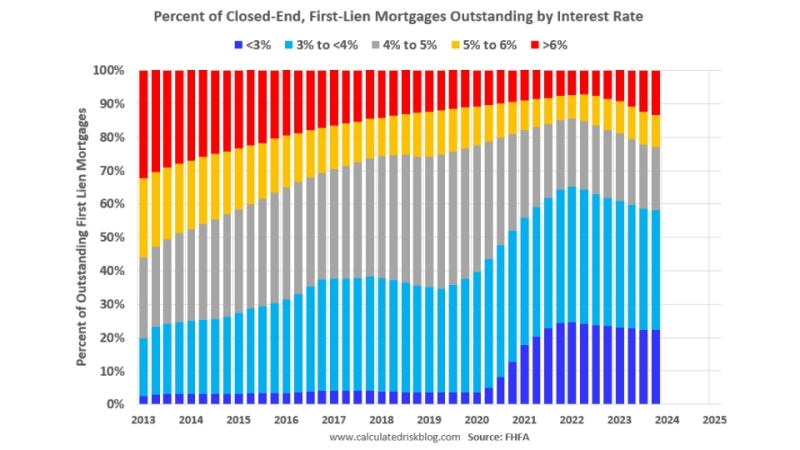
New Research On AI in Mortgage Finance Identifies Three Areas Of Racial Concerns

FHLBank San Francisco and Urban Institute issue recommendations for pursuing equitable outcomes.
The Black-white homeownership gap is wider today than it was in 1960, sitting at nearly 30 percentage points, and the rapid adoption of artificial intelligence (AI) puts the mortgage finance industry at a crossroads.
A new research paper titled “Harnessing AI for Equity in Mortgage Finance” explores how AI could either shift the industry toward promoting greater equity in the mortgage financing process to close the homeownership gap or perpetuate long-standing biases that will persist in undermining the wealth-building potential of Black and Brown individuals and families.
This latest report from the Racial Equity Accelerator for Homeownership, a collaboration of Federal Home Loan Bank of San Francisco (FHLBank San Francisco) and the Urban Institute, considers the benefits of AI for the mortgage finance industry but cautions that, with adoption still in its relative infancy, now is the time to set standards and remove biases before racial inequality is further entrenched and amplified on a larger scale than ever before.
Based on their findings in the mortgage finance ecosystem, the authors provide three distinct recommendations. First, increased regulatory guidance is recommended to establish clear guidelines on applications and protect the rights of consumers. Second, intentional design must be the backbone of any AI models to ensure algorithms are free of bias and centered on equity. Finally, pilot programs are suggested to test models and ensure that industry and consumer outcomes are consistent with intentions and support equity in homeownership.
“AI and the potential disruption in its wake have been the subject of many conversations, and this latest paper underlines the importance of getting ahead of the technology and harnessing it to advance equitable outcomes in our society,” said Janneke Ratcliffe, vice president of the Housing Finance Policy Center at the Urban Institute. “We cannot afford to wait and see how stakeholders will implement AI in their processes; we should act now to establish guidelines and guardrails to ensure that Black and Latino households are supported in their pursuit of homeownership.”
Teresa Bryce Bazemore, president and CEO of FHLBank San Francisco, agrees: “AI has the potential to revolutionize processes in the mortgage finance industry, not only introducing greater efficiency and customization but also promoting greater equity in homeownership. However, it will only deliver the desired results if, and only if, data and algorithms are free of bias. If not, Black and Latino individuals and families will continue to be at a disadvantage when it comes to building equity and stability and, ultimately, intergenerational wealth. That outcome is simply unacceptable.”




